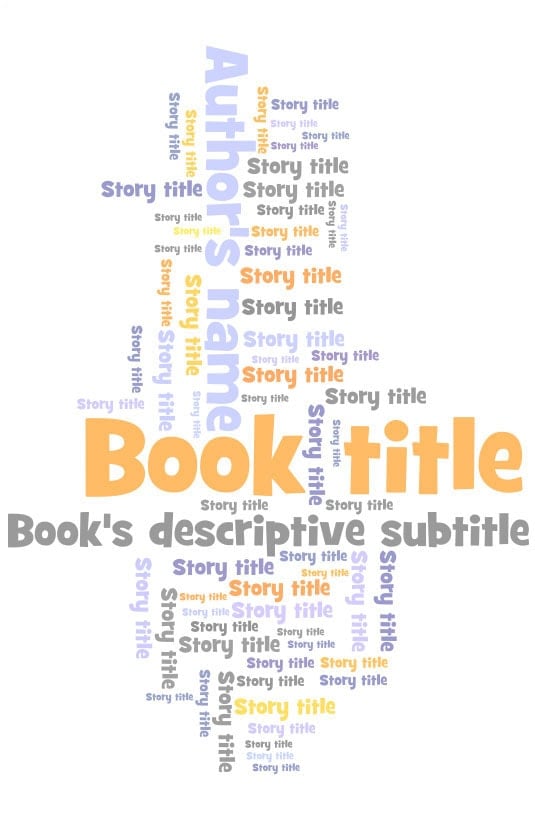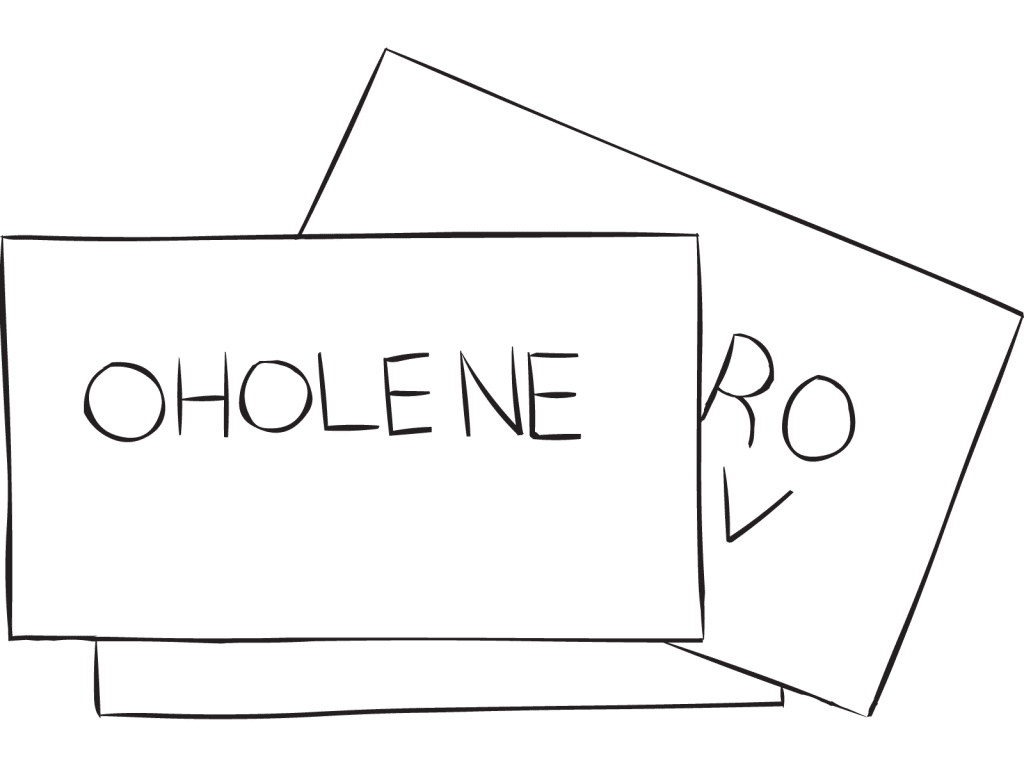Writing About Writing Wordle Ebook
14.09.2019
When Candy Capps divorced her alcoholic husband, and moved back to her hometown in rural Oklahoma, she never imagined her life would be so full of drama.Candy thought that download Writing about Writing: A College Reader, 936 Pulmonary Embolism, Paul Stein, Jul 23, 2007, Medical, 488 pages.
Choose a structure. In the beginning stages of writing a book, you will want to organize your plot. It is okay to leave some room for movement when you begin writing, but writing your story without some road map rarely works out. The best place to start is with choosing a structure that works for you. Writing theory teaches that there are several classic structures, which most works fall into, but most are not mutually exclusive and can be combined. The two major structures are:- Act structure: The act structure, commonly associated with plays and film, can easily be applied to novels as well. This theory of structure states that stories do well when broken up into clearly identifiable sections. The normal number of sections is three though two and four are common. In the classic three-act structure, the first act introduces the main and secondary characters, the setting, the problem to be conquered, and often some background information (this act usually comprises roughly 25% of the story).[2] The second act moves through and develops the conflict in the story, usually containing a plot point where the main character faces a major setback. This is the meat and potatoes of the story and usually comprises roughly 50% of the content. The third act is the conclusion, where the hero faces the villain and the story reaches its climax, followed by a rewarding or, at least, less exciting ending scene or series of scenes.[3] Each of these acts can often be boiled down into three subsections, each with its own arch or mini-story.
- Monomyth or the Hero’s Journey: This theory of story structure was famously put forward by Joseph Campbell. It states that almost every story with a hero can be boiled down into one main series of archetypes. This begins with a hero who is called to adventure though s/he initially refuses the burden. The hero is given some aid before crossing from the world, s/he has always known into the adventure (where the hero feels lost and alone at first). The hero then undergoes a series of trials, during which they will often encounter helpers, at the end of which the hero goes through some significant personal change. The hero then confronts the main antagonist of the story and returns home, enriched with wisdom and treasure.
Goodreads helps you keep track of books you want to read.
Start by marking “Writing about Writing: A College Reader” as Want to Read:
Rate this book
See a Problem?
We’d love your help. Let us know what’s wrong with this preview of Writing about Writing by Elizabeth Wardle.
Not the book you’re looking for?Preview — Writing about Writing by Elizabeth Wardle
When Doug Downs and Elizabeth Wardle published their article “Teaching about Writing, Righting Misconceptions” in June 2007, they challenged the field to imagine a new approach to first-year composition. Their groundbreaking new reader, Writing About Writing, does exactly that, by encouraging students to draw on what they know in order to contribute to ongoing conversation...more
Published December 28th 2010 by Bedford/St. Martin's
To see what your friends thought of this book,please sign up.
To ask other readers questions aboutWriting about Writing,please sign up.
Be the first to ask a question about Writing about Writing
This book is not yet featured on Listopia.Add this book to your favorite list »
Rating details

Disclaimer: I am required to teach from this text, as I work in a department lead by its lead author.
That said, I drank the Kool-Aid and appreciate this approach to composition. It's challenging for teachers, and even more challenging for students, but in a way that respects both them and the field in which they are working.
The text provides a helpful tone when addressing the student directly and works to make the articles within more accessible. The teacher's edition supplements (written by m...more
That said, I drank the Kool-Aid and appreciate this approach to composition. It's challenging for teachers, and even more challenging for students, but in a way that respects both them and the field in which they are working.
The text provides a helpful tone when addressing the student directly and works to make the articles within more accessible. The teacher's edition supplements (written by m...more
Mar 29, 2019Joe rated it liked it
I’ve been working with the third edition of this anthology in a sophomore/ junior level course, Intro to Writing Studies.
It’s hard for me to imagine using this text in a more general, introductory writing course, since it is not only tightly focused on a particular subfield of English (comp/rhet), but weighted quite heavily toward work done in the 1980s in that field. If you’re interested in studying or teaching Comp, then great, there are a lot of classic pieces here for you to read. But if yo...more
It’s hard for me to imagine using this text in a more general, introductory writing course, since it is not only tightly focused on a particular subfield of English (comp/rhet), but weighted quite heavily toward work done in the 1980s in that field. If you’re interested in studying or teaching Comp, then great, there are a lot of classic pieces here for you to read. But if yo...more
Dec 17, 2016Michael rated it liked it · review of another edition
Wow, that was a long one, but I finally finished. I had been wanting to read this book for a while since I am a teacher of writing composition. The concept is that first year writing courses can be about writing rather than some other imposed content. Some of the essays in this anthology are graduate level, but quite a few would be good for a community college audience. I particularly like the selections by Donald Murray, Peter Elbow, and the excerpt from Malcolm X, 'How I Learned to Read and Wr...more
Dec 16, 2013Margaret rated it really liked it
The university I teach at uses this textbook for their Writing 2 course. This was the first time I've taught Writing 2 or used this textbook, and I found the articles refreshingly academic. As opposed to textbooks that 'talk down' to students, the articles in Writing About Writing address issues and debates within the composition community; these are peer-reviewed, academic articles about writing, written in the language we as teachers are trying to get our students to emulate.
That being said,...more
That being said,...more
Jan 18, 2016Nerdread rated it liked it · review of another edition
I was not the target audience for this book due to that I did not found it as helpful as I have hoped. Still I have learned great things from it.
My opinion - Not a good book for freshman college students
Oct 22, 2012My opinion - Not a good book for freshman college students
 Emily rated it it was amazing
Emily rated it it was amazing Shelves: literary-criticism-and-writing, textbooks
First-year comp reader built around selections of composition theory. Great assignment sequences. Challenging reading for students but very do-able assignments. My current fave FYC textbook.
Renee Gaumond rated it really liked it
Dec 21, 2014
Dec 21, 2014
David Boeving rated it really liked it
Aug 21, 2014
Aug 21, 2014
Writing About Writing Wordle Ebook Template
There are no discussion topics on this book yet.Be the first to start one »

Recommend ItStatsRecent Status Updates
See top shelves…
2followers





